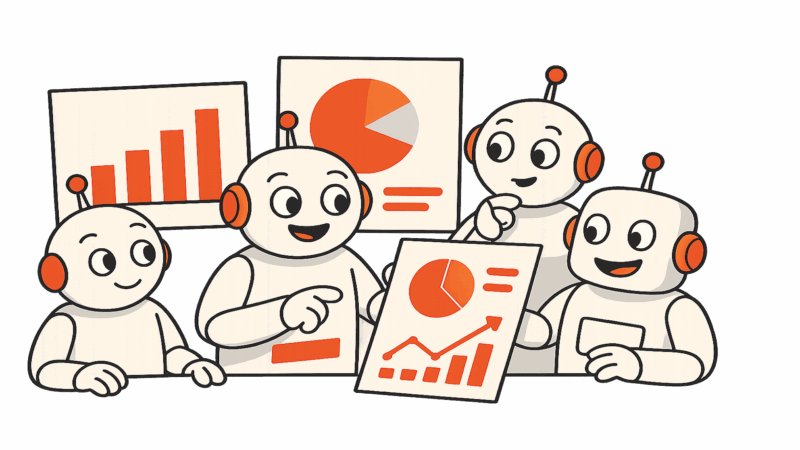fromHubspot
2 months ago2025's Lingering Questions
I've spent the last year focused on building meaningful relationships on LinkedIn - sharing personal and professional experiences to create genuine connections. Each of these words have shaped this journey: staying curious about what my audience cares about and wants to learn from me, experimenting with creative ways to share my experience and engage with others, and embracing the courage it took to get started and be vulnerable.
Marketing











-1-20250905-2237709%202.webp)





